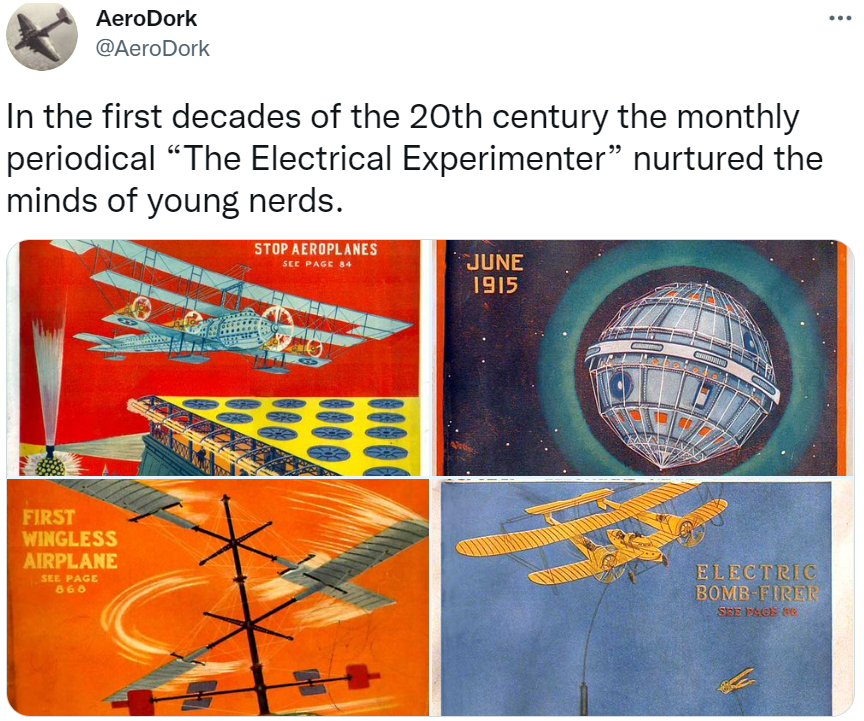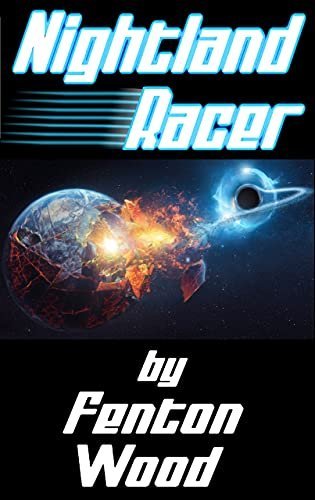Linkfest 2022-10-14: Yimbys Don't Hate Cars

The City of Auburn in Maine gives a good example of what YIMBY reforms tend to look like in practice. I see a lot of criticisms of the type “YIMBYs hate cars”, which aren’t even close to accurate. This is what it actually looks like. See for yourself.
Congress for the New Urbanism: How zoning reform has helped to turn Buffalo around
“Legalizing the historic mix of uses in Buffalo neighborhoods, and removing all minimum parking requirements, have been the Green Code's two highest-impact reforms.”
Contemplations on the Tree of Woe: The Dietary Theory of Morality
A very Thomist analysis of what it means for a diet to be “healthy” that reminds me very much of Ralph McInerny.
To understand the Dietary Theory of Morality, we need to understand diet. It might seem weird to start off a discussion of morality by discussing whether we should eat hamburgers or soy shakes, but bear with me. Learning about diet is like like learning wax on wax off in Miyagi-Do karate. Suddenly it will “click” for you and everything will be clear.
The Golden Age of Sword & Sorcery 1929-1949: A Guest Post by Will Oliver
Sometime ago, I ran across a list of the early Cthulhu Mythos stories, sort of a Golden Age of Cthulhu list. I took up the challenge of tracking down and reading all of the stories in order. It was an interesting experiment in seeing how the so-called Mythos developed during that era. As my interest lies more with Sword-and-Sorcery, however, I began wondering what a list of Golden Age S&S stories would look like. Finding none online, I decided to create one.
Starting with the well accepted premise that the genre, or sub-genre, known as Sword-and-Sorcery started with Robert E. Howard’s “The Shadow Kingdom,” I knew I had a starting point, August 1929. As a generation is approximately 20 years, that would take the end point of the list to August of 1949, or simply the end of 1949. This makes sense in that the date falls right before Gnome Press began reprinting the Conan stories in hardcover and well before the 1960s resurgence.

As an adjunct to my post The History of Science Clubs, consider looking at some issues of The Electrical Experimenter, a science enthusiast magazine of the early twentieth century.
First Things: The Truth about Bill Gates
The most brutal takedown of billionaires I’ve ever read.
I’ve published the Falling Man on my own website. I’ve never once considered it appropriate to turn our eyes away from the horror of that day, and I haven’t altered that position, but the pain of the families of those who died on 9/11 documented here is enough to make me weep.

With Both Hands: Nightland Racer
Nightland Racer is Fenton Wood’s completely gonzo fable about a down on his luck former bootlegger who drives a nuclear-powered truck into the future to battle a malevolent black hole. The past, the present, and the future meet in a world where myths are truer than truth, and the stakes are nothing less than humanity and the world.
The Long View: Permanent Interests
The important bits of this essay:
- Any fixed goal of statecraft is not as good as a willingness to respond to objective circumstances
- The "international community" is an American invention, made possible by victory in WW2
- Not all things are possible to all countries at all times
I was reminded of this essay by a line in the recent interview of Pedro Gonzalez in Fisted by Foucault:
I think it was Carl Schmitt who said that only America could resolve the crisis of global order.
Comments ()